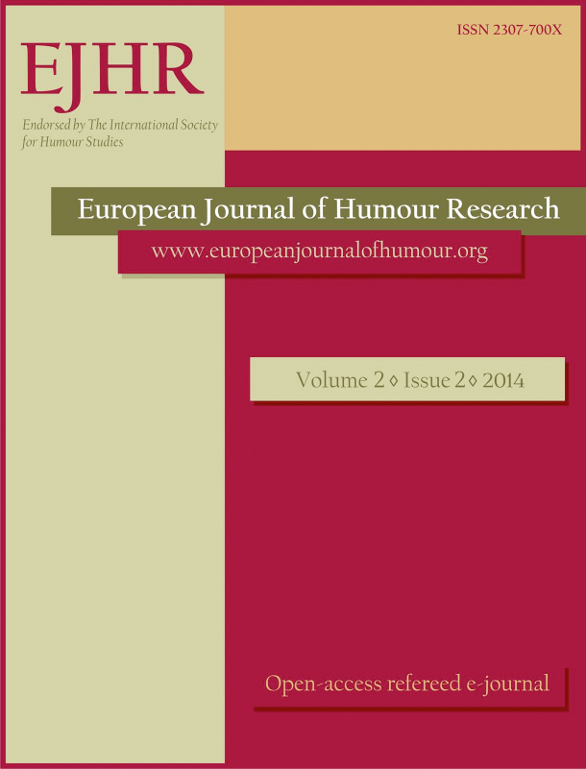Benefits and barriers of clown care:
Benefits and barriers of clown care:
A qualitative phenomenographical study of parents with children in clown care services
Author(s): Amil Kusain, Jr. Tan, Eija Metsälä, Leena HannulaSubject(s): Social Sciences, Psychology, Behaviorism
Published by: Krakowskie Towarzystwo Popularyzowania Wiedzy o Komunikacji Językowej Tertium
Keywords: child health; family; family centred care; paediatrics; qualitative approaches;
Summary/Abstract: Clowning is a form of humour. It is an art form that invites play, interaction, and laughter. Clown Care is a programme in h ospitals and medical centres involving visits from specially trained hospital clowns. The aim of this paper is to describe the benefits and barriers associated with the clown care programme. A qualitative phenomenographical study was performed using a semi structured in depth interview of twelve parents with children receiving clown care in various hospital wards in a Finnish University Hospital for children. Clown care creates a positive emotional state, promotes interaction between parents and child, and fosters affirmative environmental conditions. Barriers include psychological and emotional state, severity of medical condition, developmental level, and timing and context. The findings suggest that clown care integration in the care for family and child is useful in the promotion of emotional and psychosocial well being.
Journal: The European Journal of Humour Research
- Issue Year: 2/2014
- Issue No: 2
- Page Range: 1-10
- Page Count: 10
- Language: English

